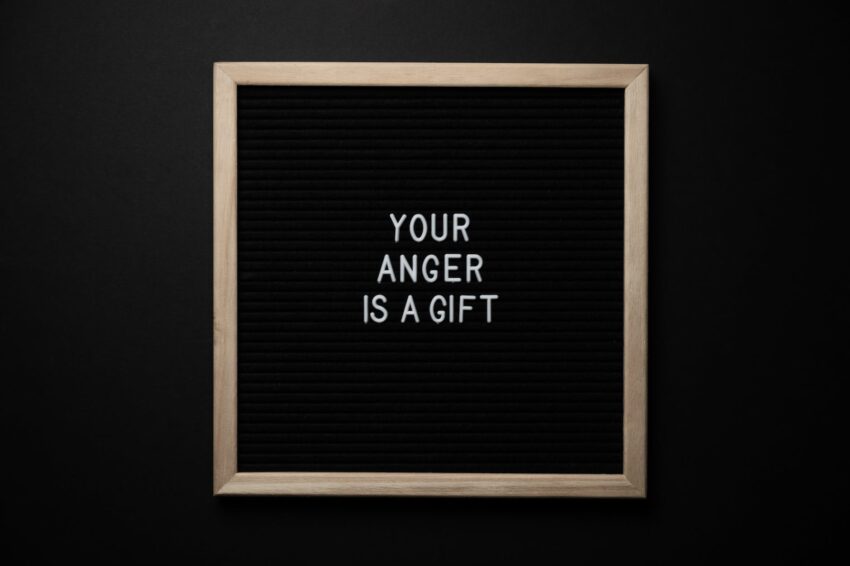Psychedelics, since their introduction to the wider world, have been at the heart of a countercultural movement that seeks to bring about a paradigm shift in our understanding of consciousness and our approach towards societal healing. While the mainstream narrative has often cast these substances in a controversial light, a growing body of research is demonstrating their potential for spawning profound social change and cultural transformation.
This psychedelic renaissance, as it’s been coined, is not just about personal transformation or therapeutic breakthroughs, although these are undeniably significant. Rather, it’s shedding light on the broader implications psychedelics hold for reshaping collective consciousness, fostering community integration, and advancing social justice.
Psychedelics have the innate capacity to dissolve one’s sense of ego, creating a deep and immersive feeling of interconnectedness. This dissolution can not only catalyze personal transformation, but also induce a broader shift in collective consciousness – an understanding that we are all profoundly connected and bound together in the shared enterprise of life. This understanding can foster a greater sense of responsibility for our fellow beings, thereby igniting community integration, spreading empathy, and promoting social justice.
Evidence can be found in various indigenous cultures where substances like ayahuasca and psilocybin have been used for centuries, proving that psychedelics can help promote community integration and societal healing. They facilitate a shared experience, helping to foster understanding, empathy, and solidarity among community members.
Moreover, it’s been suggested that the psychedelic renaissance could catalyze a cultural transformation, wherein societal values shift away from materialism, hierarchy, and domination towards cooperation, respect for nature, and holistic health. Psychedelics could help serve as alternative models for understanding society and the individual’s role within it that better align with these post-materialist values.
The counterculture movement of the 1960s, characterized by an upsurge in the use of psychedelics among youth, was rooted in a deep dissatisfaction with the status quo and a thirst for societal and cultural change. Although this movement was largely unsuccessful in achieving its stated goals, it did bring about a tremendous shift in consciousness amongst certain demographics and planted seeds for future changes.
In our contemporary world, marked by glaring social inequalities, rampant environmental degradation, and widespread psychological distress, the lessons we can glean from psychedelics appear more relevant than ever before. Psychedelics, according to some experts, could help catalyze a social change movement grounded in principles of unity, respect for all life, and commitment to societal healing.
Nevertheless, the integration of psychedelics into mainstream society raises its own unique set of challenges. It mandates a careful approach that respects the sacred nature of these substances and their potential for misuse or abuse. Furthermore, the endeavour to bring psychedelics into mainstream use should be conducted in a manner that respects indigenous knowledge and practices, acknowledges the historical context in which these substances were demonized, and promotes social justice.
Overall, it’s becoming increasingly clear that psychedelics have the potential to catalyze a societal and cultural paradigm shift. Through their capacity to transform individual and collective consciousness, fortify community integration, and usher in social justice, these agents of change are paving the way for a more connected, empathetic, and equitable world.
As we move beyond the age of prohibition towards an era of integration, it’s essential that we navigate the complexities associated with this transition in a manner that honors the immense potential and historical context of these powerful substances. Through rigorous research, mindful implementation and sincere dialogue, we can ensure that the psychedelic renaissance supports the broad and holistic societal healing that our world so desperately needs.
